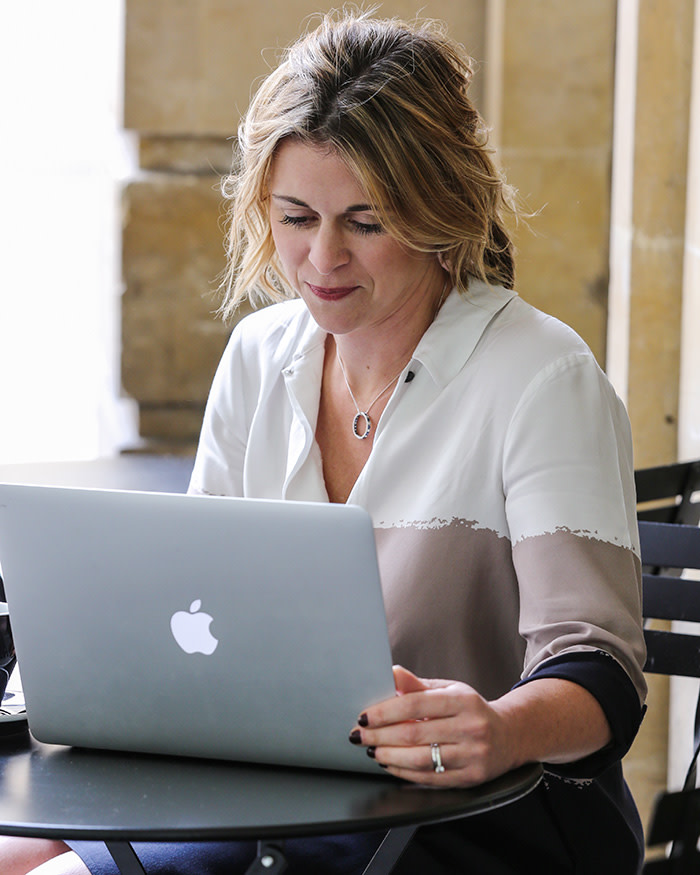Women struggle to gain access to start-up funding

Roula Khalaf, Editor of the FT, selects her favourite stories in this weekly newsletter.
When Nicola Chilman set out to raise £200,000 to expand her education technology start-up several years ago, she was “desperate” to bring a female investor on board. But out of the 40 to 50 angel investors she met, only one was a woman.
“Finding that there was only one female angel investor [I could access], I was really, really gutted,” says Ms Chilman, whose company, EZ Education, is based in Bath. “There are very few women investing — and there are very few women sourcing investment.”
Access to funding is a challenge faced by all entrepreneurs looking to grow. But research shows that for women, the struggle is all the more difficult.
According to a report published last year in the journal Venture Capital, 97 per cent of all US venture capital was handed to male chief executives between 2011 and 2013. Indeed businesses with all-male teams were four times more likely to receive funds than teams that included even one woman.
Yet the study did not determine any significant performance differences between companies headed by women versus those headed by men; company valuations, in fact, were found to be “significantly and consistently higher” when there was a woman on the team.
Many people put the discrepancy in access to funding down, in part, to unconscious bias, with capital still often sourced from deeply-entrenched male networks.
Ms Chilman recalls looking on as a male Chinese investor concentrated on talking to her male co-founder and she was left sidelined. In the end, she decided that the easiest thing to do would be to let her business partner secure that particular investment.
“The legacy issue we are dealing with is that the holders of the purse strings, the holders of capital have not been diverse,” says Erin Platts, head of relationship banking at Silicon Valley Bank. “You can draw parallels between the fact that people hire people that are like them.”
The situation puts unique pressures on female entrepreneurs, making it tougher to hire staff, rent office space and work reasonable hours, according to research by 99designs, an online graphic design marketplace. Women are half as likely as men to have more than two employees, for example, and more likely to put in a second work shift at night, it found.
“It means [women] have bootstrapped their businesses from day one”, says Annette Kimmitt, the head of global growth markets at EY, referring to a situation where an entrepreneur builds a company using only personal finances or operating capital.
Disheartening fundraising experiences can deter female entrepreneurs from future capital raising plans, she adds. She cites a EY survey of 2,700 people globally that found a fifth of female entrepreneurs had no plans to raise capital, compared with only 3 per cent of male entrepreneurs.
This can also be harmful to a female entrepreneur’s prospects more broadly, locking them out of important networking opportunities and guidance. “With venture capital, you’re getting access to funding, access to mentoring and access to networks: potential suppliers, potential customers,” Ms Kimmitt notes.
Some are stepping up efforts to address the gender disparity.
Initiatives to support female entrepreneurs include Golden Seeds, a New York investment group, which has invested $100m in about 150 women-led enterprises, and female-focused accelerators, such as SheStarts in Australia.

Experts argue that the venture capital scene needs to realise the business case for gender diversity. “It’s about convincing . . . the investment world that there is a thesis here,” Ms Kimmitt says.
Rosie Bennett, an entrepreneur in residence at the University of Bath Innovation Centre who also oversees an incubator called SETsquared, says the investment community also needs to market itself more carefully to women.
After noticing a lack of female founders supported by SETsquared and fewer women at the university-backed partnership’s events, she has drawn up a policy to avoid male wording and actively promote female role models, in order to attract more diverse applicants.
“There’s always been a perception that tech is a male sector. Being an entrepreneur feels like a male term,” Ms Bennett says. “We are changing the way we do advertising, it’s about putting women on the poster, showcasing successful women. It’s about visibility.”
She often encounters women who have taken career breaks because of caring responsibilities and are looking to return to work with entrepreneurial ideas, she says. They are often held back by both a lack of confidence and a lack of guidance on how to navigate raising capital, she says. She is calling for specific help for female “returner” entrepreneurs.
“You see a lot of women with ideas at that time — whether there’s enough infrastructure and support to do that is another question,” she says.
There is optimism that the tide is beginning to turn. “The conversation is happening to a much greater level and more consistently,” says Ms Platts. “[But] we need to continue to monitor. There are still pockets of a lot of talk and not a lot of action.”
Comments